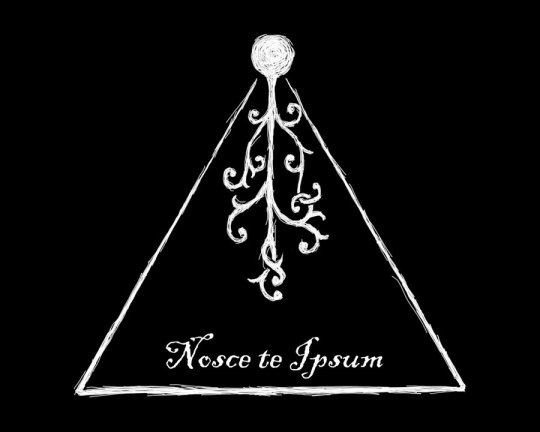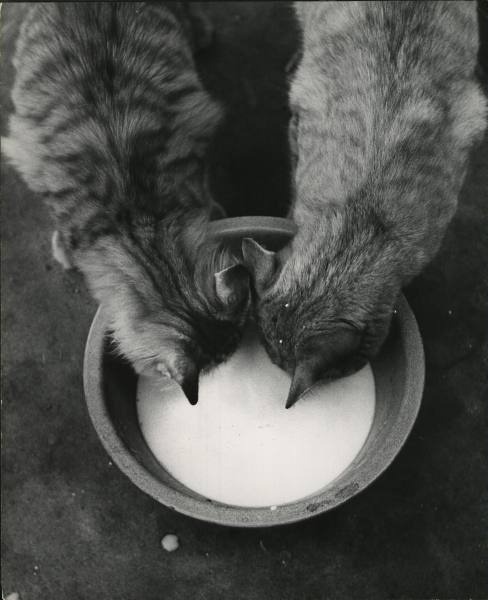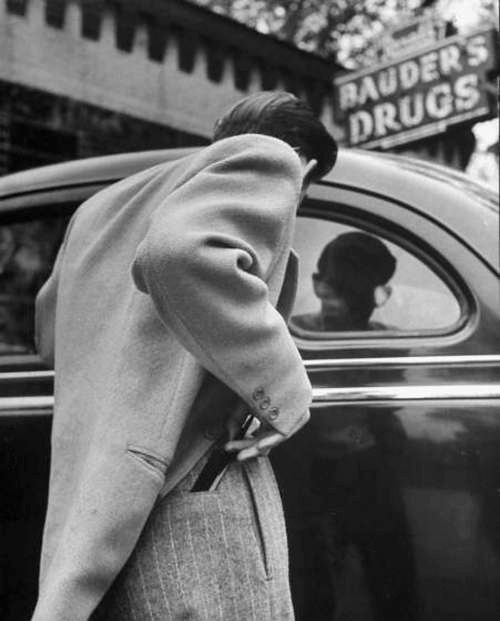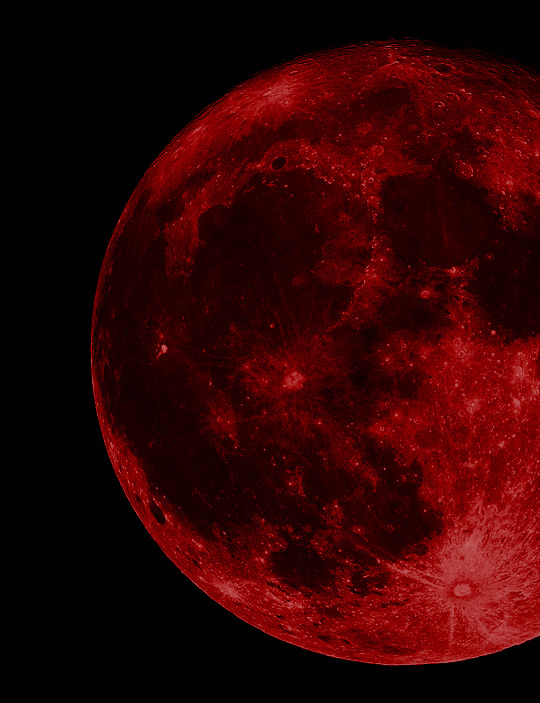Text
“Albo czas nas goni, albo przed nami ucieka i w każdym przypadku jest fatalnie. Kiedy my gonimy czas, a czas nam ucieka, prawda - to co robimy z czasem jak go złapiemy? No zabijamy go oczywiście jakoś! A jeżeli czas nas goni,a my uciekamy, a mówimy "czas nas goni", to co zrobi czas jak nas złapie? No zabije nas, oczywiście! Bo "przyjdzie na nas czas". Ta relacja między nami, a czasem jest jak relacja między myśliwym, a zwierzyną. Przy czym raz jesteśmy myśliwym, a raz zwierzyną.”
~ prof. Jerzy Bralczyk
13 notes
·
View notes
Text
NATURE IN POLISH IDIOMS
For what we are waiting right now? If you are dreaming about more sun, more green and picnics under the trees, this article will bring you to the beautiful nature world in Polish language.
In Polish we have quite a lot of idioms related to the nature. We can make few categories of those expressions. I prepared a general overview for you. Very popular in Polish idioms is word “kwiat” (flower), for example expression „ ładne kwiatki” (a pretty (fine) kettle of fish) is used to comment our state when we are shocked or surprised of some stories. When we want to say that someone is in his/her best age we use “być w kwiecie wieku” (to be in one’s prime). We have also very macabre one to say that someone is dead: “wącha kwiatki od spodu” (he/she is smelling/sniffing flowers from below). To describe the freshness, health and beauty of face we use a lot word “róża” (rose), for example in expressions “różane usta” (rosy lips) or “różana cera” (rosy skin).
In category “warzywa” (vegetables) very popular is word “kapusta” (cabbage). Idiom “groch z kapustą” (hotch-potch, mishmash) is used to describe really big mess, expression „kapuściana głowa” (cabbage head) is about someone who is not very clever. When someone is very annoying and does stupid and crazy things, he/she „rozrabia jak pijany zając w kapuście” (he/she paints the town red, cause the troubles like a drank hare in cabbage). As you see our popular plant “kapusta” (cabbage) has not very positive connotations in language. When we ask someone for something and our entreaties are never fulfilled, we say “rzucać jak grochem o ścianę” (to talk to deaf ears, literary “to throw the peas at the wall”). To characterize person who became shy and red on face we say “czerwony jak burak” (red as a beetroot). People who like to cook for sure have met in receipts expressions “ziemniaki/kartofle w mundurkach” (literary: potatoes in uniforms) which means the potatoes cooked without pilling them before, with skin. “Ząbek czosnku” (a clove of garlic) literary means “a little tooth of garlic” which is quite understandable in my opinion. In the summer when people are on holidays and not a lot of things happen in the cultural life, in the politics, in the towns we say that this is “sezon ogórkowy” (slack (silly) season).
In the category “owoce” (fruits) the most popular in language is “jabłko” (apple). Expression “jabłko Adama” (Adam’s apple) doesn’t need to be explained more. Quite picturesque is idiom “niedaleko pada jabłko od jabłoni” (literary: an apple doesn’t fall down far away from the apple-tree) which means that children are normally very similar to their parents. This idioms is often used in negative meaning when children are repeating the same wrong habits as their parents. Apple appears also in expressions “zbić kogoś na kwaśne jabłko” (to beat somebody like a pulp; to beat somebody black and blue) and “jabłko niezgody” (bone of contention).
In the fruits category very interesting are idioms: “obiecywać gruszki na wierzbie (literary: to promise the pears on the willow-tree, to promise pie in the sky, to promise castles in the air), “wpaść jak śliwka w kompot” (literary: to fall like a plum into the stewed fruit; to come at the wrong moment), “wpuścić kogoś w maliny” (to spoof somebody, to lead somebody up the garden path).
Expression “ni z gruszki ni z pietruszki” (neither from the pear nor from the parsley) always make me laugh. We use it when somebody is saying or doing something unexpectedly, without warning before, sometimes out of context, we don’t know why, for example: “Rozmawialiśmy i nagle on, ni z gruszki, ni z pietruszki, zaczął śpiewać” (We were talking and suddenly he… started singing).
There are a lot of idioms in Polish containing names of exotic plants (rośliny egzotyczne). The most popular are “laur” (laurel, bay), “palma” (palm), “pieprz” (pepper) and “figa” (fig). But the most amusing for me is “robić na czymś kokosy” (to make a lot of money/a fortune on something). We have idiom “sięgnąć po laury” (to reach the laurels, to take a risk and to win is the Olympics for example), “zdobywać laury” (to reap laurels) and like a possible continuation of being a winner “ spocząć na laurach” (to rest on the laurels) and to stop doing any effort, to stop developing.
Quite obvious is the meaning of expression “palma pierwszeństwa” (victor’s palm) but is a big secret for me why we say “palma mu odbiła”(palm affected him), when somebody became arrogant because of life successes and he/she behaves not naturally, stupid, does crazy things which nobody would expect.
When something is very dry we say ” suchy jak pieprz” (as dry like a pepper, as dry as a bone), but when we are very angry on someone and we would like to send this person far, far away from us and never see him/her again, we use the idiom “posłać kogoś tam, gdzie pieprz rośnie”(to send somebody in the place when pepper is growing).
Very popular in Polish language is plant “figa” (fig). “Figa z makiem” (fig with poppy seed) means ‘no way”, “forget it!”, “pokazać komuś figę” (to show somebody a fig) is to show zero, nothing. “Figi” are also knickers, panties for women.
When we want to convince someone that something is impossible, we say “prędzej mi kaktus na dłoni wyrośnie, niż…” (it is more possible that the cactus will grow on my hand than… this will happen).
For this article I made my personal selection of nature idioms, but we could talk about it few days. This subject is like “wielkie pole do popisu” (big field to make a show, to proof your skills). Plants are used to describe beauty and ugliness, power and weakness of human nature, the taste and the color, level of our problems, this is also an interesting intellect measurer. Would you like that this subject is continued? Share the opinion with me!
6 notes
·
View notes
Photo

Mel at the model airplane meet at Willow Grove field
(Peter Stackpole. 1953)
23 notes
·
View notes
Photo

Model Jean Patchett reading a guide to the Museum of Modern Art. Photograph by Nina Leen, July 1949. Patchett wears a simple, although expensive, black dress set off by inexpensive white accessories, the gloves and belt. LIFE.
“A young American goddess in Paris couture” is how photographer Irving Penn described the haute couture model Patchett, one of the most influential models of the 1950s.
95 notes
·
View notes
Photo

Fernando Herráez :: from ‘Línea de Playa’, 2000 / src: cada dia un fotografo
580 notes
·
View notes











